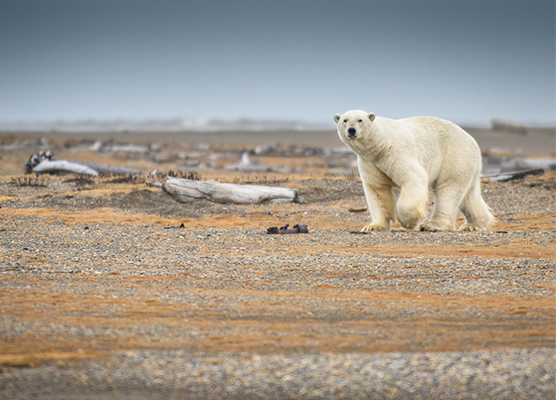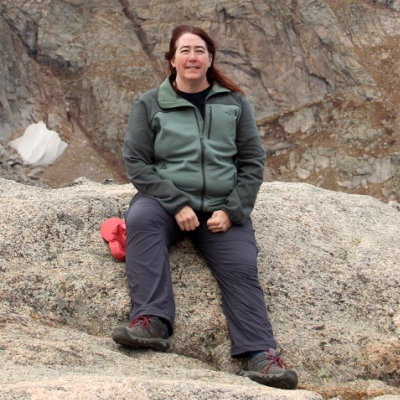
Wildfires, deforestation, air pollution, plastics in the ocean, lead in water, and increasingly destructive natural disasters have all been in the news lately. What are the underlying causes? What can be done? In this course, students examine eight environmental issues. They become familiar with the current knowledge, debates, human impacts, economic consequences, policies, and potential solutions for each issue. Case studies are drawn from around the world, including the return of the wolf to Yellowstone, sea level rise impact on humans and tigers in Bangladesh, forest fires in the Amazon, and the Indonesian mud flow disaster. Lectures introduce each of the disciplines that contribute to the dialogue on these environmental issues, while a final project allows students to dive deeper into one major environmental issue within the context of each of these disciplines. In addition to lectures, readings, and discussions, there is a semester-long group project culminating in a final paper.
*Academic credit is defined by the University of Pennsylvania as a course unit (c.u.). A course unit (c.u.) is a general measure of academic work over a period of time, typically a term (semester or summer). A c.u. (or a fraction of a c.u.) represents different types of academic work across different types of academic programs and is the basic unit of progress toward a degree. One c.u. is usually converted to a four-semester-hour course.
- Director, Graduate Programs
Dr. Yvette Bordeaux received a BS in Biology-Geology from the University of Rochester, and MS and PhD in Geology from the University of Pennsylvania. Yvette was the Associate Director for Undergraduate Programs in Earth and Environmental Science at Penn from 1998-2008, and has been Director for the Professional Master's Programs (Master of… Read more

